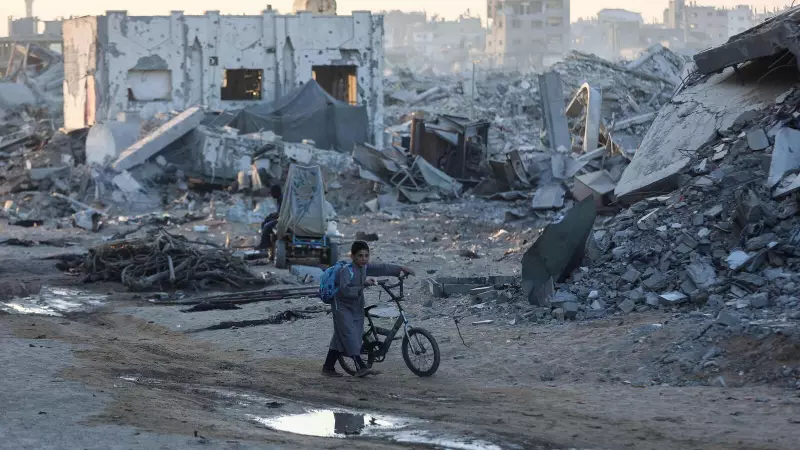
In a significant development that could reshape war coverage, Israel's Supreme Court has postponed a crucial hearing on a petition demanding foreign media access to the Gaza Strip. The decision comes amid intense international scrutiny over information flow from the conflict zone.
Court Delays Landmark Media Access Case
The High Court of Justice was scheduled to hear arguments from multiple media organizations seeking permission for international journalists to enter Gaza and report independently on the ongoing hostilities. However, the court has now pushed back the hearing date without providing a new timeline, leaving media advocates in uncertainty.
Background: The Media Blackout Controversy
Since the conflict escalated in October, international journalists have been largely barred from entering Gaza independently. The Israeli military has maintained tight control over access, citing security concerns and the volatile situation on the ground.
The petition, filed by prominent media houses and press freedom organizations, argues that the current restrictions violate fundamental principles of press freedom and the public's right to information about a major international conflict.
What the Petition Demands
- Immediate access for international journalists to Gaza under military escort
- Transparent criteria for journalist entry permits
- Protection for journalists working in conflict zones
- Regular access rather than one-time escorted tours
Government's Stance and Security Concerns
The Israeli government has consistently defended the restrictions, emphasizing the complex security situation and operational challenges. Military officials argue that ensuring journalist safety in active combat zones remains extremely difficult, while also citing concerns about sensitive operational information being disclosed.
International Press Freedom Implications
Press freedom advocates have expressed deep concern over the prolonged media blackout. "When independent journalists cannot access conflict zones, the world loses crucial eyewitness perspectives," noted one media rights organization representative.
The situation has forced international news organizations to rely heavily on local Palestinian journalists, who face immense personal risk while reporting, and on information from both sides of the conflict.
What Happens Next?
The court's postponement leaves the media access question unresolved as the conflict continues. Legal experts suggest the delay might be related to the court seeking more detailed security assessments or waiting for potential changes in the military situation.
Media organizations continue to press for access, arguing that independent journalism remains essential for accurate understanding of the human cost and military developments in one of the world's most watched conflicts.





